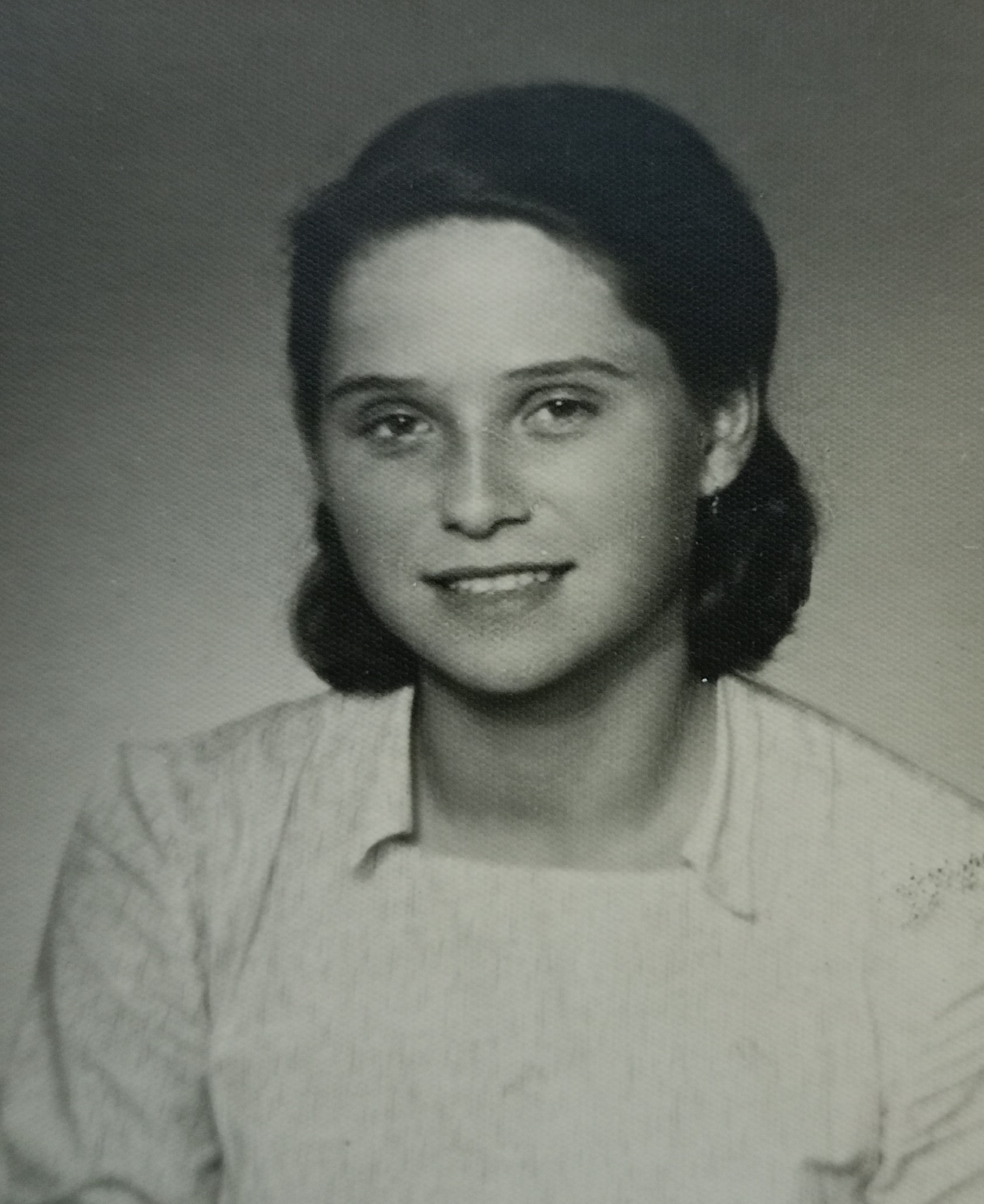The flock of sparrows that survives every liberation

Stáhnout obrázek
Jiřina Muziková, nee. Votavová, was the daughter of the First Republic small businessman František Votava and his wife Jiřina. She was born on 16 March 1935 in Sadská, Nymburk. When Jiřina was seven years old, her mother died and her father remarried a year later. She has vivid memories of the Second World War - of a Gestapo search of her home as a result of a tip-off that her father was listening to London; of the deportation of the Schlosser family to a concentration camp; of the Mulacovs, who hid their wanted nephew in the cellar behind a pile of potatoes; of her aunt Sládková, who, after the assassination of Heydrich, brought two French paratroopers from the fields under the hay and hid them in the attic until the end of the war. She recalls the mob frenzy during the trials of ethnic Germans and Nazi collaborators in May 1945, which heralded the savage deportation. In 1949, she, her half-sister and stepmother were guarded around the clock for two days by members of State Security Service (StB) without being told why. They then confiscated all the material and immovable property of her father, who was convicted of treason for writing and reproducing a manifesto warning against the arbitrary power of the Communist Party. From the age of fifteen, she supported her half-sister and mother for two years, as she could not find work as the wife of a political prisoner. Because of her bad cadre report, Jiřina was not allowed to study - she worked all her life in a pharmacy, first as a laboratory assistant, then in a warehouse. She was allowed to visit her father twice in the labour camps in the Jáchymov and Příbram regions during the eleven years he was imprisoned. She has vivid memories of these visits, as well as of the shielding glances of fellow citizens who were afraid to be seen in public with „outcasts“. He recalls the disappointed hopes of the 1956 Hungarian uprising and the occupation in August 1968. Of the 1970s, he says that it was a more peaceful time - the level of state terror could not be compared with the 1950s. He considers the Velvet Revolution and the 1990s to be a great disappointment. In 2024 she was living in Poděbrady.




